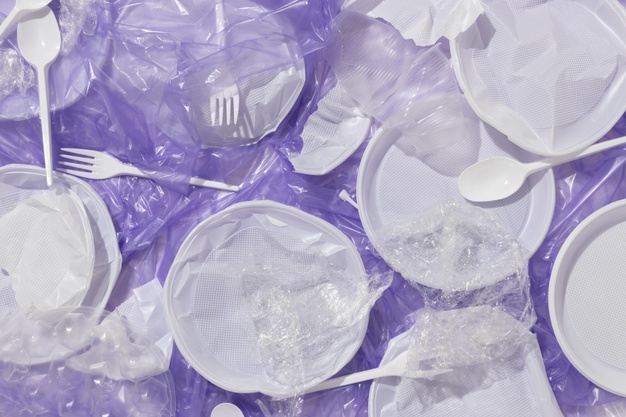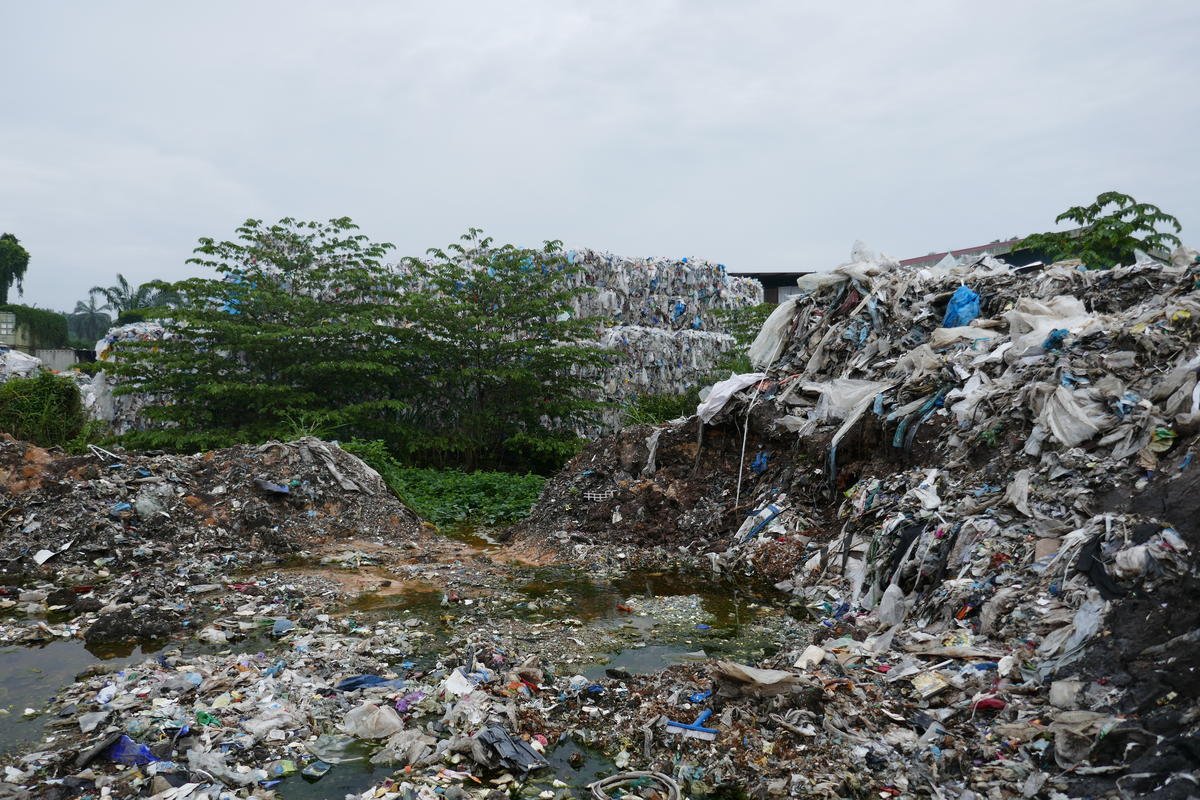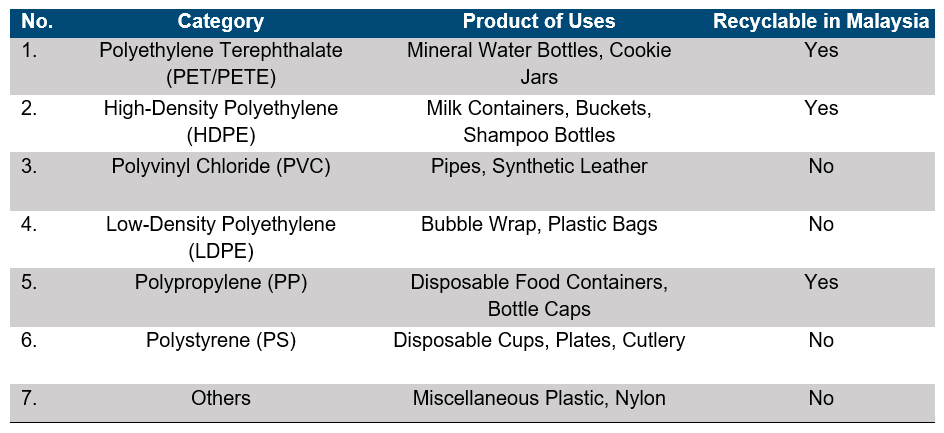Increased Plastic Pollution Amidst the Pandemic


Plastic has always been a global issue, there is no denying that the undegradable matter has become a serious environmental and public health concern. A recent study by the World Wide Fund for Nature (WWF) showed that Malaysia comes in second in Asia for annual per capita plastic use (16.78kg per person) and the country’s overall generated waste outranks larger countries like China, Indonesia, the Philippines and Thailand.
Plastics are widely used in our everyday life, hence making the plastic manufacturing industry one of the largest growing industries since the year 2000. With over 1,300 plastic manufacturers, Malaysia is also home to one of the largest plastic production industries globally, with resins export at a value of RM30 billion to plastic producers around the world in 2016.
The seven main sectors of the Malaysian plastic industry are agriculture, household, packaging, construction, electronics, automotive and other sub sectors such as plastic furniture and medical devices.
Plastics cannot decompose; they break down into smaller particles (microplastics) but the fragments never really go away. Among the common single-use plastics are plastic straws (polypropylene, PP), grocery bags (high-density polyethylene, LDPE), takeaway containers, plastic bottles (polyethylene terephthalate, PET), surgical face masks (PP), face shields and hand sanitiser bottles.
The increased plastic usage and waste due to the surge in demand for food delivery is just another side effect of the COVID-19 pandemic. Plastics have become a ‘protector’ for the healthcare sector and general public during this pandemic. More one-time use plastics are being used and plastic production for personal protective equipment (PPE), surgical face masks and gloves are in demand among the health care workers as well as the public.
Disposal of plastic waste in landfills and open burning gives off toxic fumes which can lead to severe respiratory problems and air pollution. In addition, lethal chemicals in plastic wastes like phthalates, Bisphenol A (BPA) and heavy metals such as lead and cadmium can leach from landfills and accumulate in the soil, polluting waterways and eventually ending up in our ocean.
Imagine, what would happen when we consume marine organisms that have been feeding on the free-floating pollutants? According to the United Nations Environment Programme (UNEP), consumption of contaminated seafood can increase risks for cardiovascular disease, dementia, cancer as well as disrupt fertility and cause nerve damage.
According to Khazanah Research Institute, Malaysia has waste management systems that are insufficient for dealing with the amount of plastic waste produced. The main ways of dealing with plastic waste in the country are disposal in landfills and domestic burning. It is estimated that there will be 12,000 million tonnes of plastic waste on earth by 2050 if current trends in plastic consumption persists.
The country is only capable of recycling three out of seven categories of plastic as the local recycling industry only concentrates its resources on plastic that is easily retrievable and holds high value, for instance, PET (polyethylene terephthalate) mineral bottles. Malaysia’s recycling rate is quite low compared to other developed countries at 28% although the total recycling rate has been increasing annually.


Single-use plastics pose a serious threat to both public health and the ecosystem. The dire plastic situation is likely to worsen due to the excessive consumption of plastic, especially in this pandemic. Many make remarks like “it can’t be helped”, but what if it can? We can all do a part in reducing the impact of plastic waste on the environment.
The first step is by cultivating a culture of bringing our own reusable bags to buy groceries and bringing our own container for take-out food and reusable bottles for beverages to avoid unnecessary packaging. Just so you know, a single plastic bag can take up to 1,000 years to decompose. “Discarded plastic bags, bottles and plastic straws have become iconic symbols of the global plastic problem with most visible and disturbing impacts being the entanglement and suffocation of turtles, mammals and pelagic fish,” stated the UNEP.
Many eateries are seen going strawless, but unfortunately, some are still distributing plastic straws and utensils despite the government’s aggressive push to phase out single-use plastics. Bring your own stainless steel straws if it is a must. Granted, it is not easy to build a new habit and it can be a hassle to some but think about it in the long run; it’s for the sake of yourself, the people and the environment.
The public needs to get into that recycling mindset and the habits of reusing, reducing and recycling (3Rs) must be instilled in communities. However, when we talk about recycling, the 3R bins always come to mind which is not always the case because recycling can be done at home like separating your household waste!
Stay tuned for the next article on how to dispose and compost household waste.
Gisele Soo



